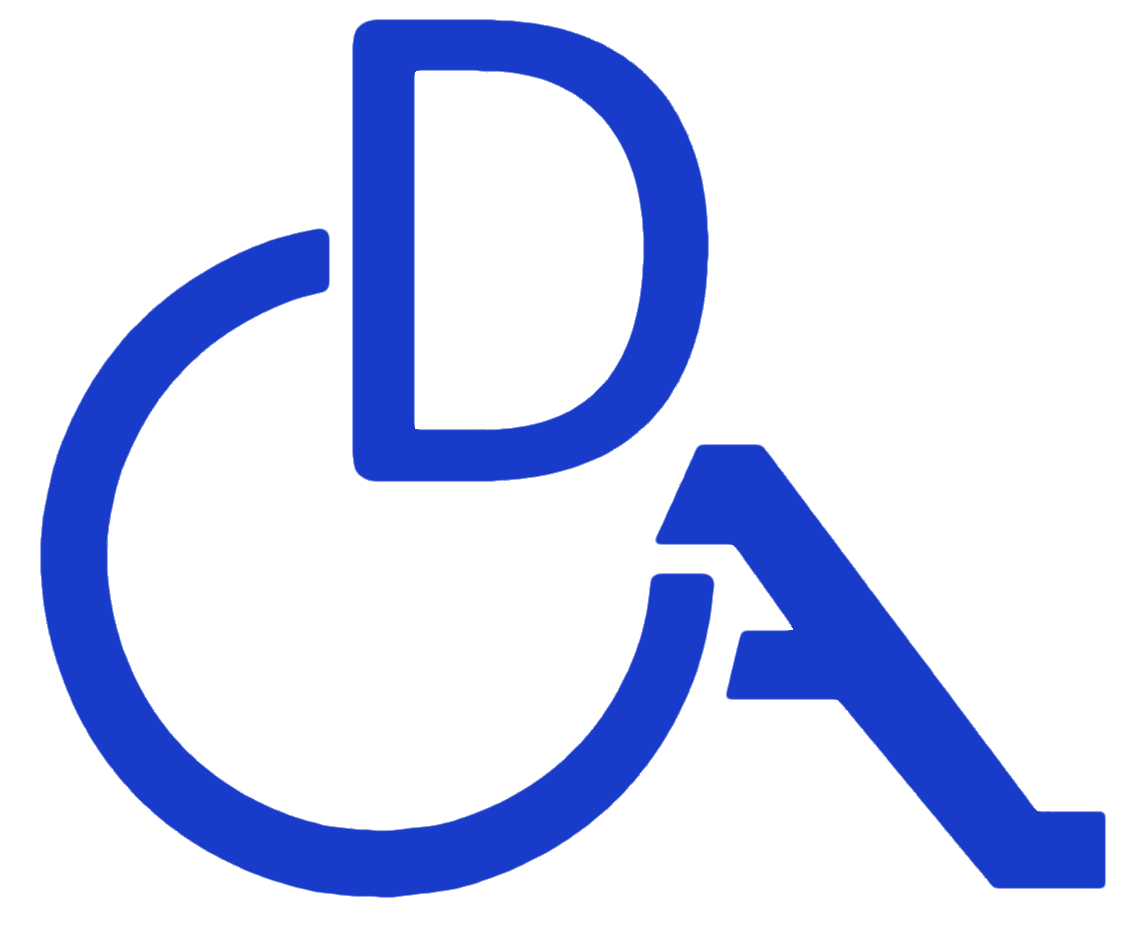
Website Accessibility
Website Accessibility Lawyer Serving Clients in California
Businesses with physical locations are required to have their websites coded in compliance so that they are accessible to patrons with disabilities. These are important cases to bring up to make the internet accessible for you and everyone.

.
Web accessibility refers to the ways in which websites can be designed and developed in order to be accessible to people with disabilities. This can include issues related to vision, hearing, motor skills, cognition, and more.
If you have been frustrated or harmed by the lack of ability to access a company’s goods and services over its website, contact a website accessibility lawyer at the Center for Disability Access for a free consultation to explore your options.
Digital Accessibility Lawyer in California
Not only is it the law, but it’s also the right thing to do to ensure that everyone has equal access.
The Americans with Disabilities Act (ADA) requires that online retailers make their websites accessible to people with disabilities, by ensuring that all content is easily readable and navigable. This includes features such as text size and color contrast, keyboard navigation, and a clear visual hierarchy of page elements. In addition, online retailers must also ensure that any forms or surveys on their websites are compatible with assistive tools like screen readers.
Failing to comply with these requirements can result in significant financial penalties, as well as potential lawsuits from individuals or organizations who have been impacted by the website’s lack of accessibility.
Web Accessibility For Equality
One major issue with inaccessible websites is how large of a demographic they affect. One in four Americans have a functional disability, and many more will experience temporary limitations.
Despite there being so many people who stand to benefit from accessible-friendly websites, only 2% of the top million websites are compliant with Web Content Accessibility Guidelines (WCAG), the “gold standard.”
People with vision and auditory impairments and motor and neurological disorders cannot enjoy digital resources in the same way the average person does.
One of the biggest benefits that can be derived from accessible websites is improved access for people with disabilities. Individuals who are blind or have low vision, as well as those with motor impairments, may not be able to use a keyboard or mouse and will face difficulty navigating web content.
Websites that are designed to be compatible with assistive technologies, such as screen readers, will be easier for these individuals to navigate and consume.
The Web Content Accessibility Guidelines (WCAG) are a set of standards designed to make websites and digital content accessible to people with disabilities. These guidelines cover a wide range of issues, including making sure that text is readable and images can be enlarged or modified, ensuring that videos have captions and transcripts, and providing alternatives for people who cannot use certain types of technologies.
Organizations that fail to comply with WCAG standards can face legal action from individuals or advocacy groups who file complaints against them. These complaints typically involve issues such as failing to provide text alternatives for images, not providing captions for videos, or not making content accessible to people with visual or hearing impairments.
While guidelines are an essential factor in improving the current issues being experienced, they would not be necessary if organizations felt driven to create real solutions for real problems experienced by millions of people.
Many organizations fail to provide accessible digital content, often leading to a host of accessibility issues for people with disabilities. These problems can be further compounded by the pressure to simply check off web accessibility guidelines rather than truly address the needs of individuals who rely on accessible technology in order to access websites and other digital content.
To truly ensure meaningful accessibility, organizations must focus on their users, particularly those with disabilities. This requires a deep understanding of the individuals who rely on accessible technology in order to fully understand and address their needs. It also requires an ethical commitment to ensuring that all people have access to information and services, regardless of ability.
Without this commitment, meaningful accessibility will continue to be elusive. We must work together to advocate for ethical standards and practices that prioritize user needs, rather than simply checking off a list of accessibility requirements. Only then can we create truly accessible technology, and ensure that everyone has the ability to participate in our digital world.
Many different groups are affected by web accessibility issues, including persons with visual impairments or other handicaps, older adults who may have difficulties using a mouse or keyboard, and people who are accessing websites from a variety of different devices.
If you have been frustrated or harmed by the lack of ability to access a company’s goods and services over its website, contact a website accessibility lawyer at the Center for Disability Access for a free consultation to explore your options.
Schedule a Free Consultation Today!
When you choose our firm, you owe no legal fees unless and until we recover compensation for you.
The Center for Disability Access
100 Pine Street Suite 1250 • San Francisco, CA 94111
Phone: (415) 534-1911 • Monday – Friday, 8:00 am – 5:00 pm
Schedule a Free Consultation
We offer free case evaluations to help you determine if you have a valid claim.
No Fee Unless We Win Your Case
If we are unable to prevail in your case, you will not be responsible for paying any fees to us.
Providing Legal Service in California
Legal representation to individuals facing disability rights, housing rights, and other related issues.
Dedicated to Defending and Advocating for Equality and Accessibility for All.
- Abuse and Neglect Lawyer
- Disability Access Lawyer
- Employment Discrimination Lawyer
- Housing Accessibility Lawyer
- Paralysis Injury Lawyer
- Traumatic Brain Injury Lawyer
- Website Accessibility Lawyer
- Privacy Policy

